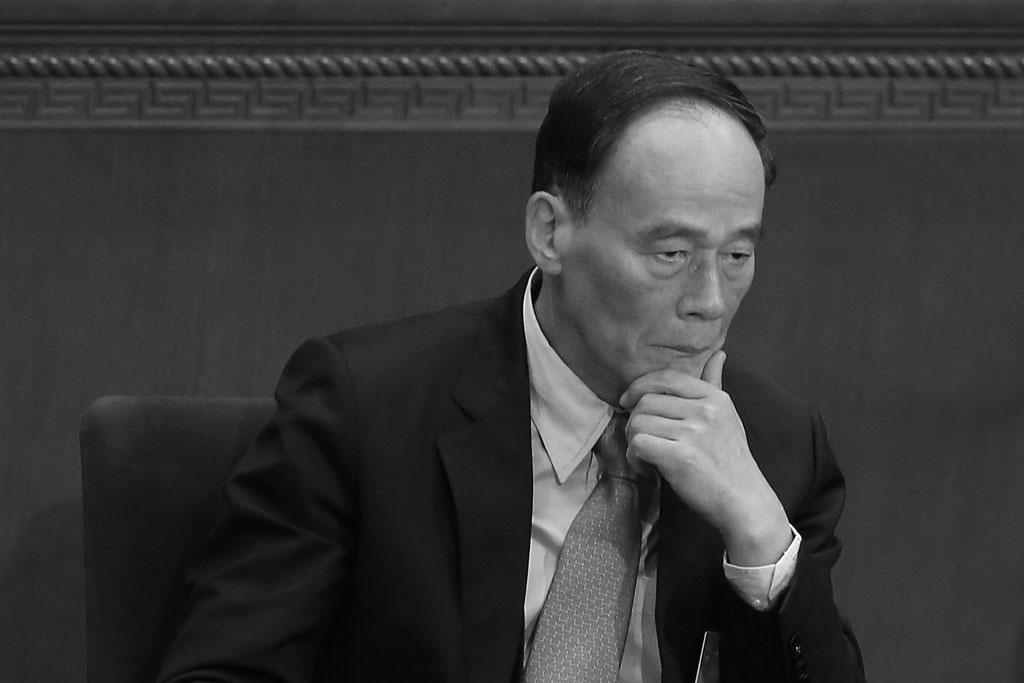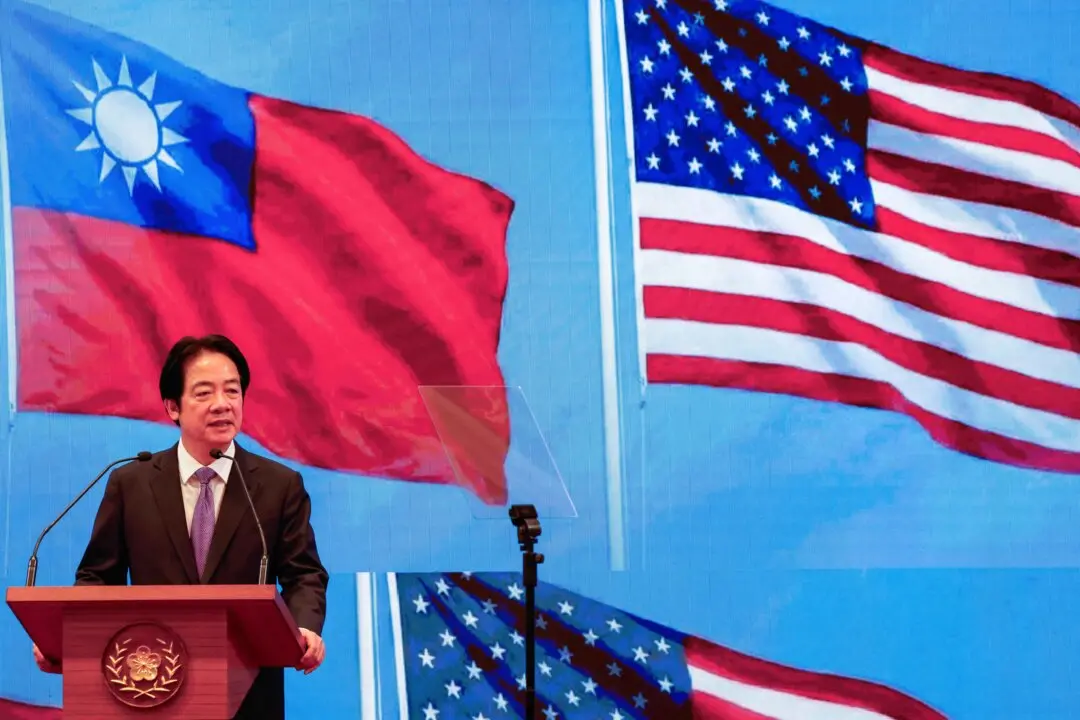Wan Qingliang might have thought everything was going his way the morning of June 27, 2014.
The then-head of the Chinese Communist Party (CCP) in Guangzhou, the capital of southern China’s Guangdong Province, was due to take part in a high-profile meeting at the provincial government building. Waiting for him outside were his subordinates from the Guangzhou municipal government building, who would accompany him after the meeting to inspect a school.
Inside the meeting, things changed for Wan. The provincial party secretary would not allow Wan to speak during the discussion. Then came the arrest in front of the province’s top officials by the investigators from the CCP’s feared anti-corruption unit, the Central Commission for Discipline Inspection (CCDI).
Wan was summarily marched out of the building in front of the gathered Guangzhou officials. Within 10 minutes, the CCDI announced on its website that Wan was under investigation for violations of the law and Party discipline. Violation of the law and Party discipline is a catch phrase commonly used in corruption investigations in China.




